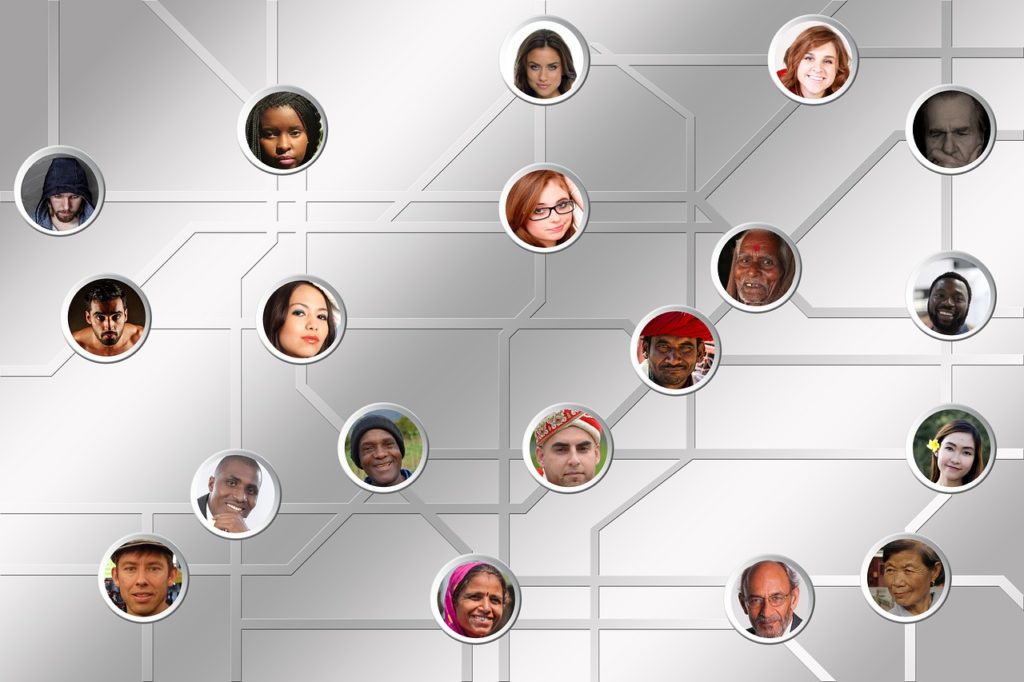
Want a Successful DEI Program? Increase Your Team’s Empathy
The Problem
Embracing empathy increases makes your company’s DEI program better. Think about it. What happens when an employee makes an offensive remark in a staff meeting. ? The chances are someone complains to HR. If the employee lacks Emotional Intelligence we assign classes, coaching, and warnings. To make sure everyone is aware of the company’s zero-tolerance policy, the company develops a DEI training program. Trust me, creating solutions from the top down without grassroots support, cannot succeed. Using DEI to increase empathy isn’t nearly as effective as using empathy to increase DEI.
Your Role
Companies set DEI objectives based on data but all of the charts and graphs in the world won’t help employees respect each other. CEOs want compliance, political, and financial approval but leaders need and want to ensure high performance and a respectful workplace. Strong relationships are the key. When managers create empathic workplaces, they invite their teams to walk in each other’s shoes. Checking off boxes to indicate a diverse workforce is not the same as having employees embrace and respect that diversity.
So how do you get those checkmarks to translate to reality? One way is by actively increasing your team’s Emotional Intelligence through empathy. Empathy helps us understand how others experience our words and deeds.
What You Can Do
I’m not talking about the once-a-year training session that describes things like microaggressions, cultural respect, etc. These are data points that get checked off for the charts. I’m talking about real-life, down-in-the-weeds discussions and practices. So often, we break out EQ training for individuals as a way to “fix” transgressions in the workplace. We assign a coach and classes to address a complaint with the hope that the offense won’t be repeated. This is treating the symptom instead of the disease. The underlying problem is the lack of knowledge and respect for others. It doesn’t matter what we don’t know or respect. As the leader, your job is to help the team recognize that there are things they don’t know and you are there to help fill in the gaps. Here are some things you can do to get everyone on board before HR gets involved:
- Be proactive. Make discussions a part of your normal routine the same way you would discuss any other topic (project briefings, safety procedures, etc.)
- Use staff meetings and 1:1s to recognize issues and collaborate on solutions.
- Encourage critical thinking skills by creating “posers”. – use hypothetical situations to think through ways to be empathetic
- Encourage people to practice recognizing everyday emotional issues, reactions, and solutions outside of work
- TV shows
- News articles
- Interactions with others
Conclusion
The point is as a team leader, there’s a lot you can do to influence your team’s DEI practices. Increasing awareness on your level will get people to understand how their actions affect people they know. The real-world connection brings life to the policies and procedures that come from the top down.
Resources:
LinkedIn Article: The Importance of Empathy…